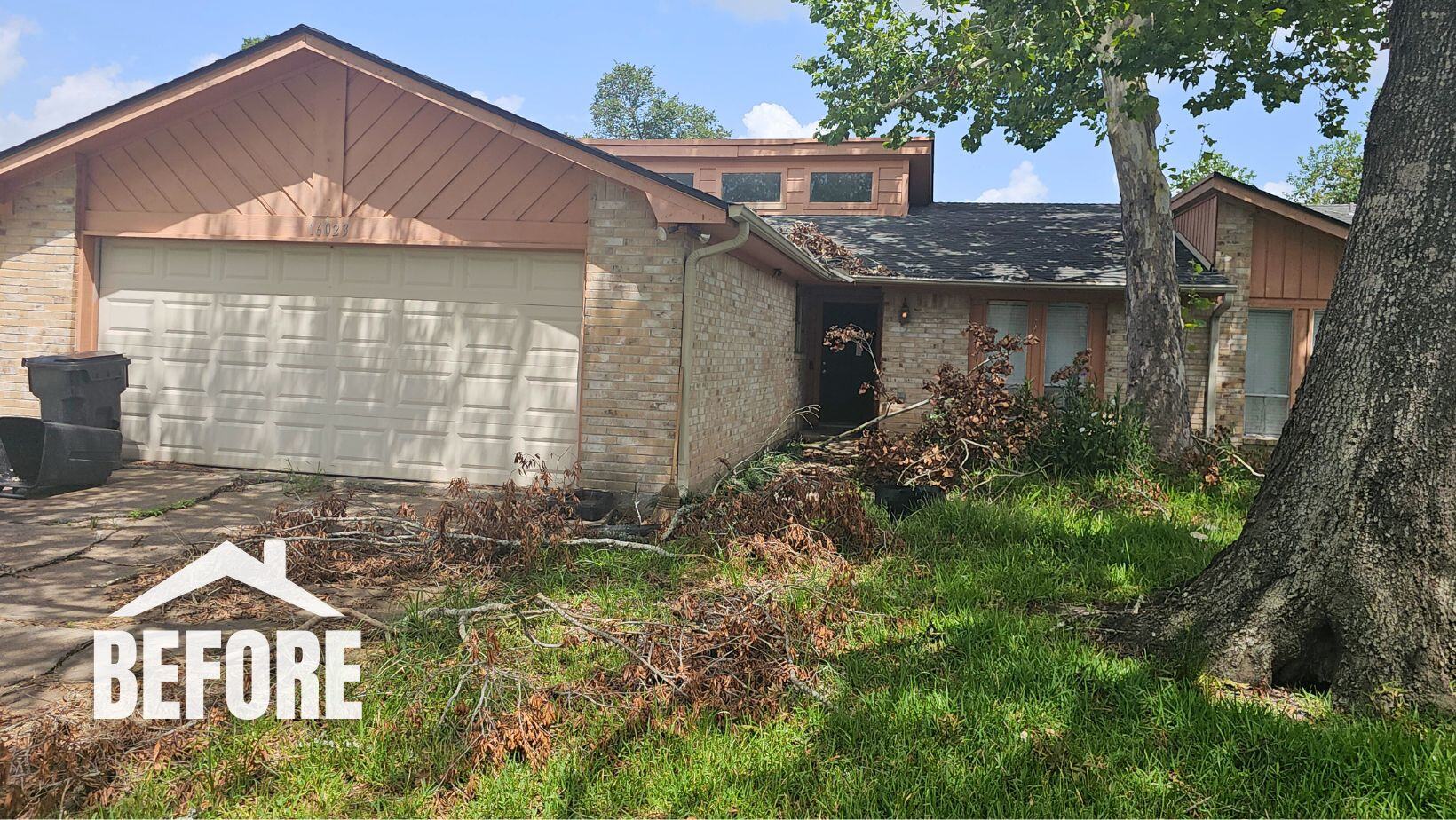.png?width=209&height=314&name=Blog%20(58).png)
We don’t know anyone who hasn’t made a financial mistake at some point. And while we can bounce back from many misjudgments with money, some have lasting, painful consequences. Our investors know that we’re here to see you succeed. We don’t want to see any investor fail. We don’t even want you to make it harder on yourself than it has to be.
This is already a tricky business; it only gets trickier if careless mistakes enter the equation. So whether you’re already investing in SFRs or are just beginning, we hope you avoid some of the common and costly fiscal missteps that can derail your wealth-building ambitions.
7 Costly Mistakes SFR Investors Must Avoid
Mistake #1 – Spinning the Revolving Door of Monthly Payments
We live in an age of subscriptions. We have twelve streaming services, magazine and publication subscriptions, gym memberships, delivery services, and more…all on top of regular bills. Everyone – not just investors – would do well to monitor how much of their income goes back out thanks to (often unnecessary) monthly payments. We’re not saying cut every little subscription-based luxury. But these things can add up and drain your resources before you know it.
If you’re having trouble saving up for a property acquisition, examine your roster of automatic payments.
Mistake #2 – Leaning Heavily on Credit
Credit can be a useful tool but can also get people in trouble. Let’s look at some statistics.
- Credit card balances are up 51% since Q1 2021.
- Credit card balances were $1.166 trillion in the third quarter of 2024, the highest ever recorded.
- 47% of credit card holders carried a balance last year versus paying off the balance monthly.
Investors, be choosy about when you use credit. Plan to pay it off before it generates interest. Avoid using it to maintain a lifestyle – instead, use it for emergencies and necessary expenses. Disciplined users can effectively stack rewards and cash back, but we must be careful not to overleverage.
Mistake #3 – Overpaying for Your Rental Properties
If you know us, you know we’re not proponents of buying cheap properties. However, overpaying for properties is a huge mistake. Overpaying reduces cash flow and makes achieving a good return on investment (ROI) harder. Conduct market analysis to determine a property’s fair market value. Don’t get so wrapped up in competition or attachment to a property that you throw numbers out the window.
Approach every acquisition with scrutiny, due diligence, and meaningful calculations.
Further Reading: How to Experience High ROI in Turnkey Real Estate
Mistake #4 – Cutting the Wrong Corners
Cost-cutting is an effective way to boost net income. But sometimes, investors misjudge what they should and shouldn’t cut! For example, opting for a cheaper property management team might seem to save you money, but they may not be as attentive, proactive, or service-minded as a more premium service. While the upfront cost may be higher, you save more in the long run with improved retention and preventative maintenance.
Don’t skimp on quality repairs, maintenance, or property management.
Mistake #5 – Botching Home Equity Leverage
Homeowners and investors know they can take advantage of a home equity line of credit (HELOC). It turns your equity into a line of credit rather than a cash-out refinance. Both strategies have pros and cons depending on your financial needs and strategies. However, a HELOC or otherwise leveraging home equity should not be done without purpose.
Yes, it creates access to cash. But it also adds on interest debt. Home equity is best leveraged to increase property value, such as with a renovation. We recommend speaking with a financial advisor if you’re considering these avenues.
Mistake #6 – Overleveraging
Investors can, at times, be overeager. Real estate investment is not a fast thing. It takes time and patience to build correctly. Unfortunately, we’re not all patient! This can cause investors to scale their portfolios too quickly. When you grow your portfolio, your cash reserves must grow with it. If not, financial strain from vacancies or unexpected expenses can quickly spiral into significant debt.
Maintain appropriate liquidity and emergency funds to handle your whole portfolio. Only scale when you know you can handle it!
Mistake #7 – Ignoring Your Data
Finally, it’s a huge mistake to ignore the data. Passive investors can’t “set it and forget it.” At the very least, they must monitor their investment assets’ performance. Poor financial oversight can mask underperformance and lead to suboptimal decision-making. Know what metrics you value, consult with your management team, and work to maximize cash flow. Regular portfolio reviews – and, at times, letting go of certain assets – are necessary.
Have more questions? Tap the button below to speak to one of our portfolio advisors.










.png)

